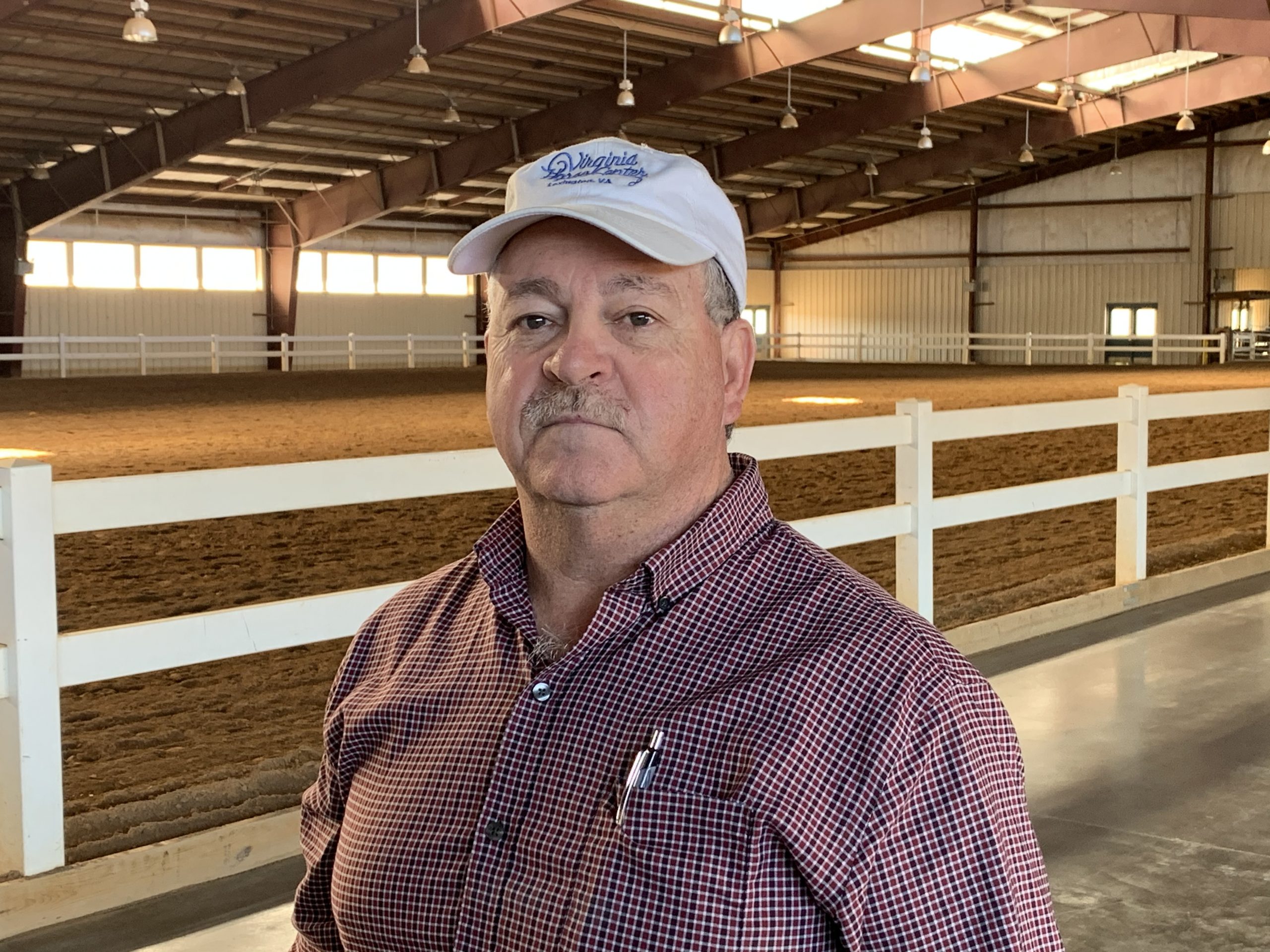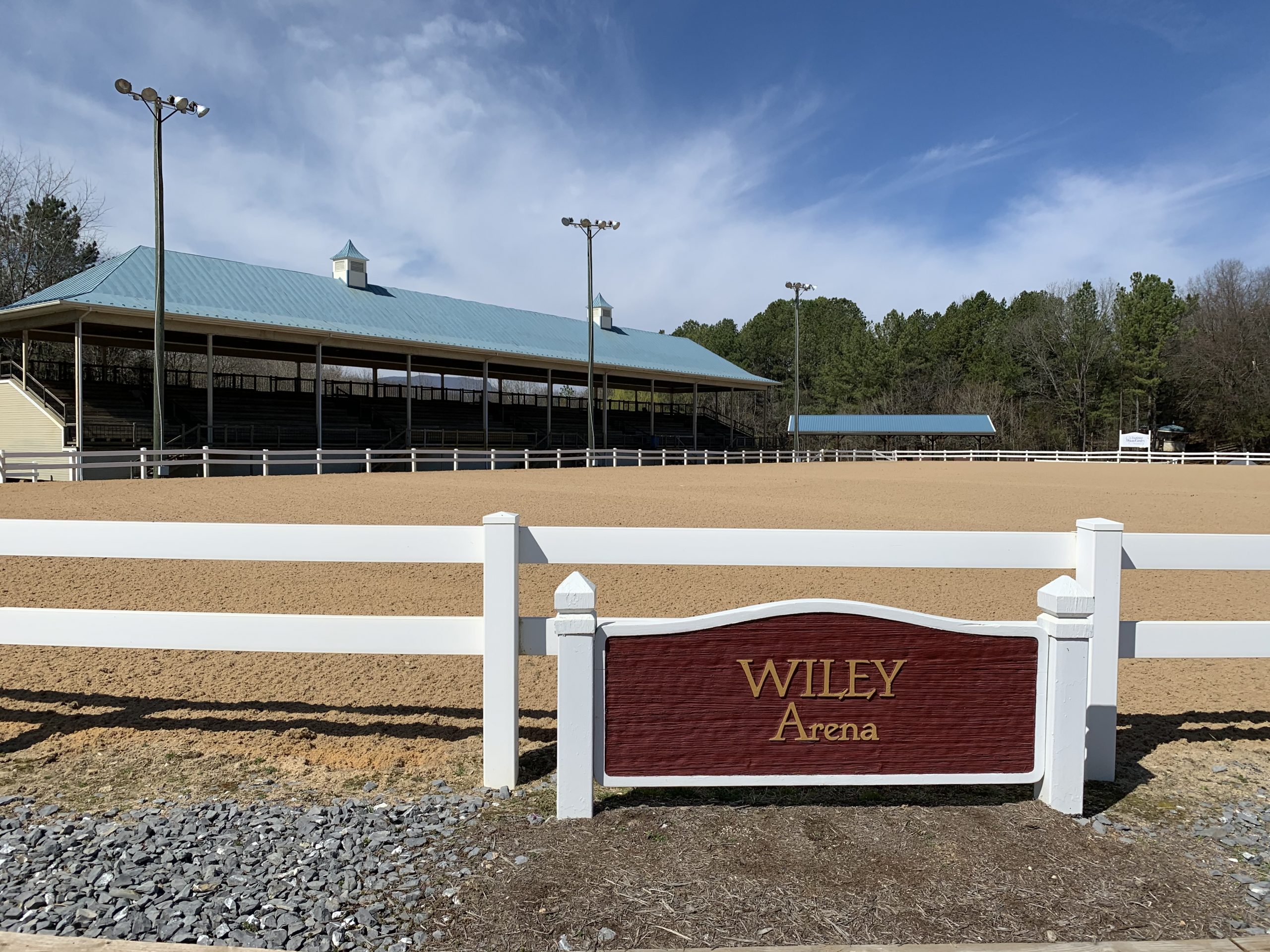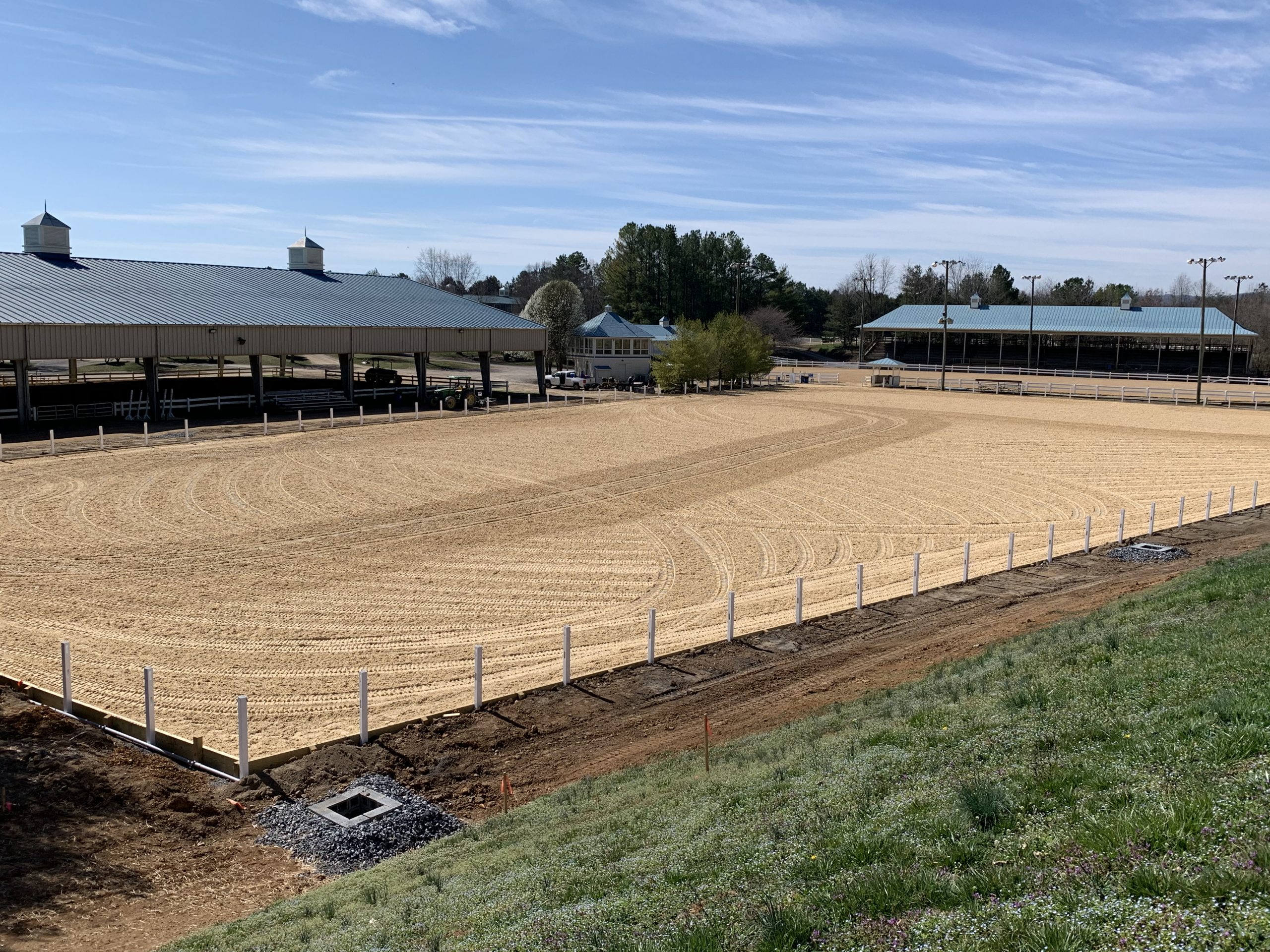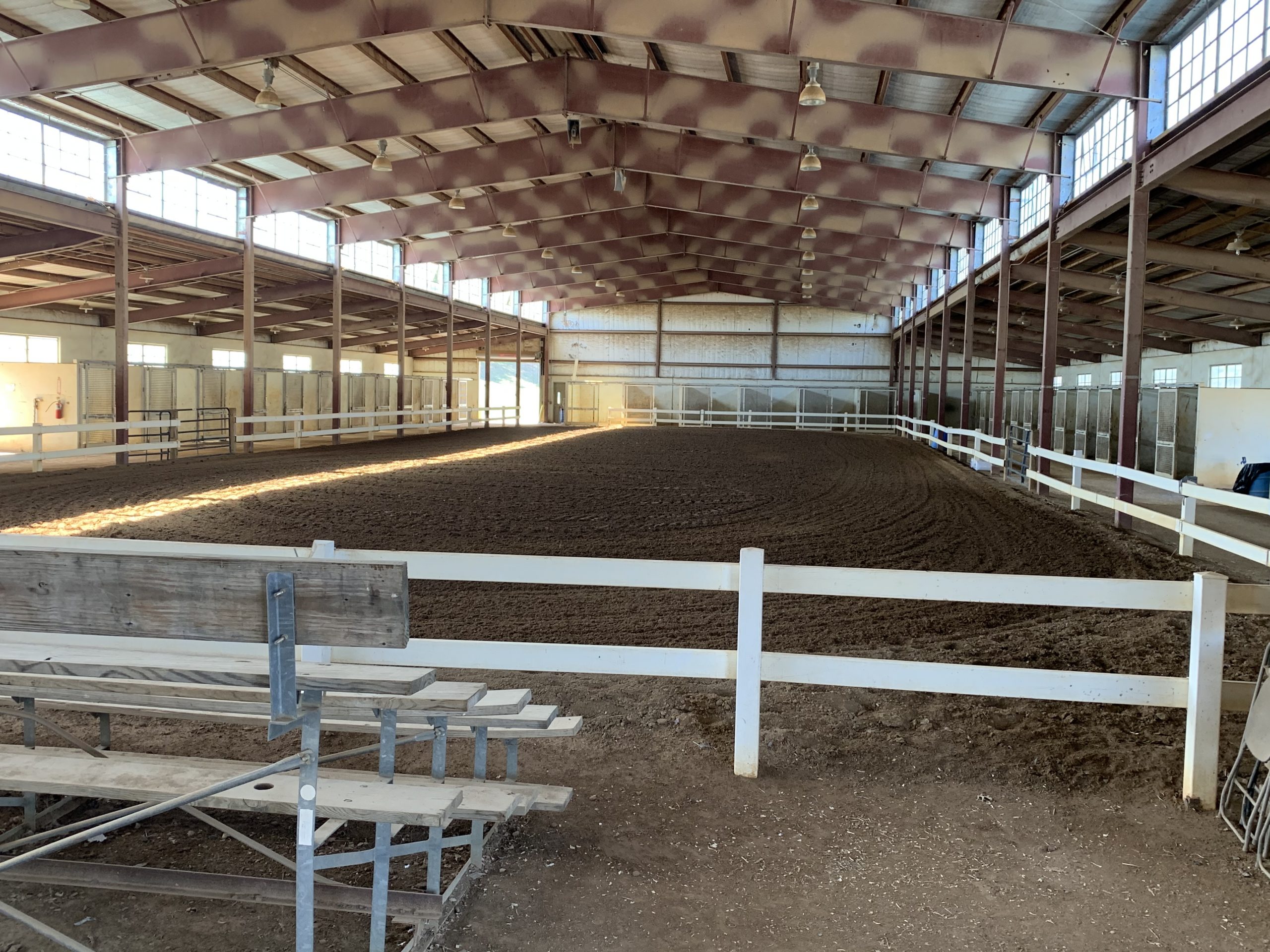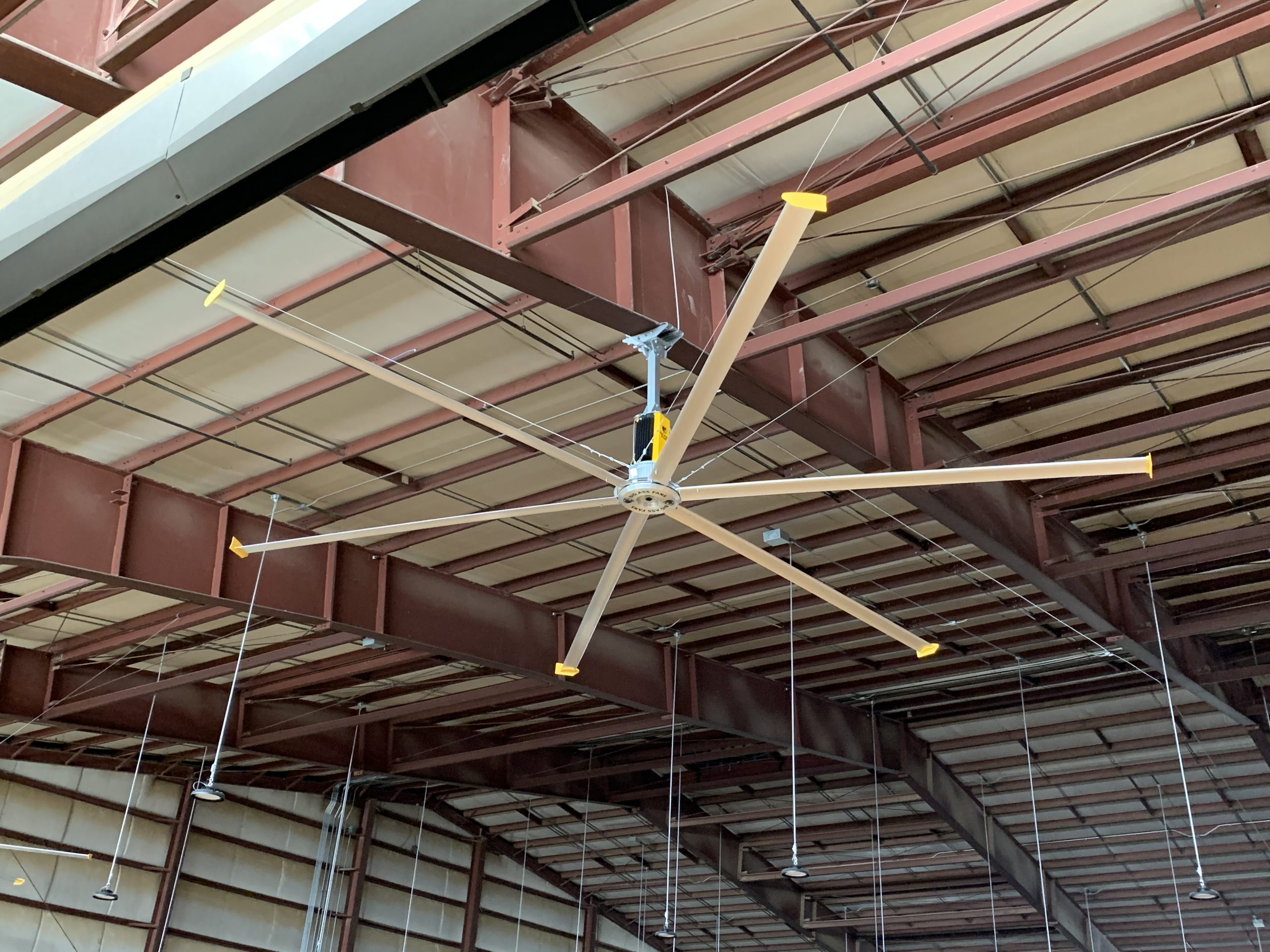In pari-mutuel wagering, 80% of a wagering pool (on average) is paid back to bettors while the remaining 20% is considered “takeout”. The takeout rate is the percentage of each wagering pool that is withheld by the track. This money is used to pay for many things including purses for races, for operating the facility and for profit to the track owner. Takeout is necessary in order to put on the show.
In Virginia, three other important industry entities receive a small statutory percentage of wagers placed as well. The Virginia Tech Vet School, Virginia Horse Industry Board and Virginia Horse Center each benefit. Between 2016 – 2019, the Horse Center received between $41,000 – $49,000 annually, made up from bets placed at live race venues, simulcast locations and from four on line betting providers.
Here’s a closer look at the latter of those three.
The Virginia Horse Center, based in Lexington and convenient to both I-81 and I-64, is an economic and cultural asset to both Rockbridge County and the Commonwealth. It is an important resource to the East-Atlantic competition circuit and it hosts all disciplines of equestrian sport, standing at the forefront of Virginia’s $1.2 billion equine community.
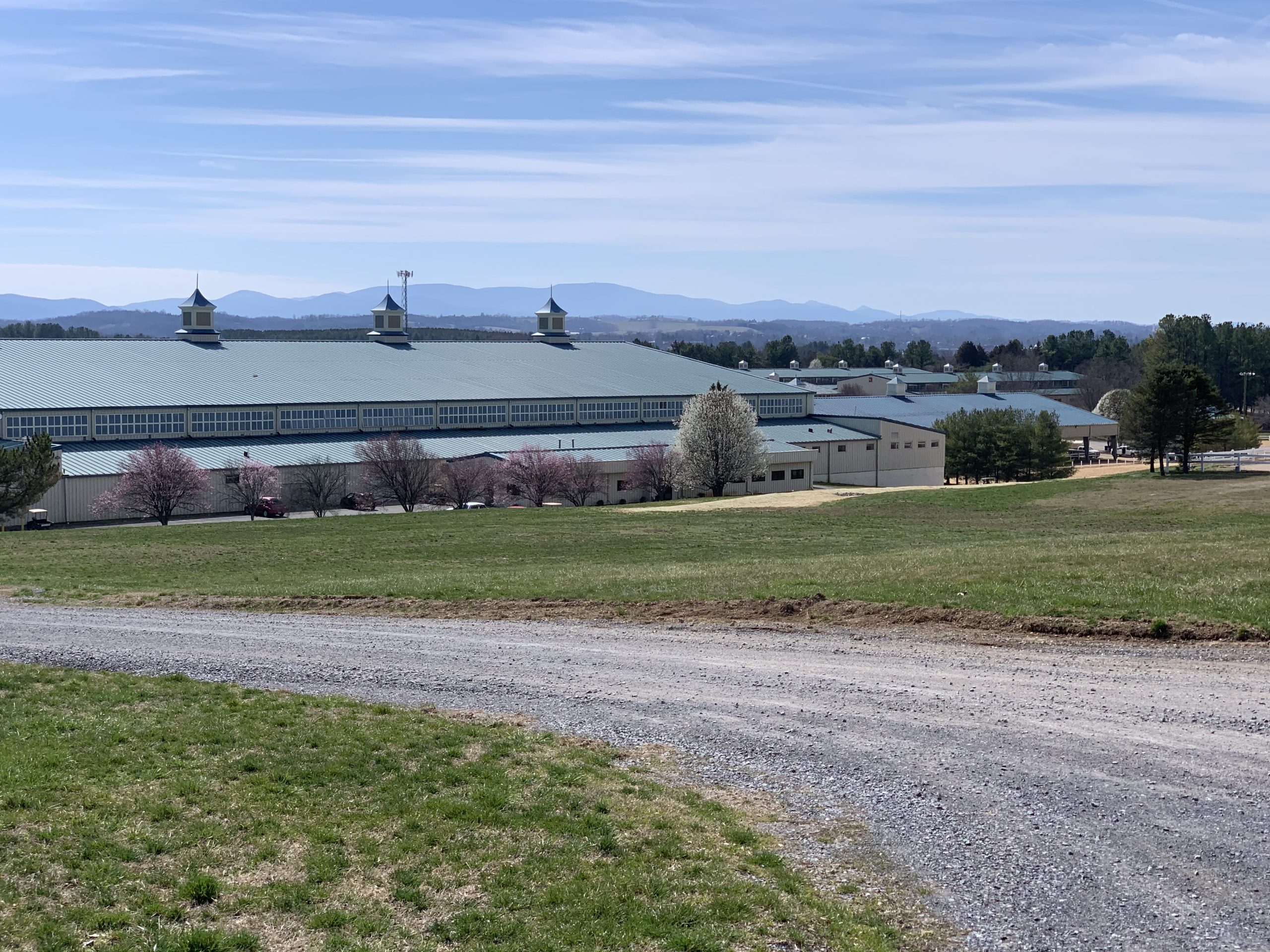
The Virginia Horse Center was responsible for $94.9 million in economic activity in 2019, supporting 896 jobs..
Their mission is to provide a world class facility hosting regional, national and international equestrian events. Their vision statement speaks of providing a unique, bucolic landmark to honor and celebrate the timeless, special bond between mankind and the horse through safe, fair and spirited equestrian competition.
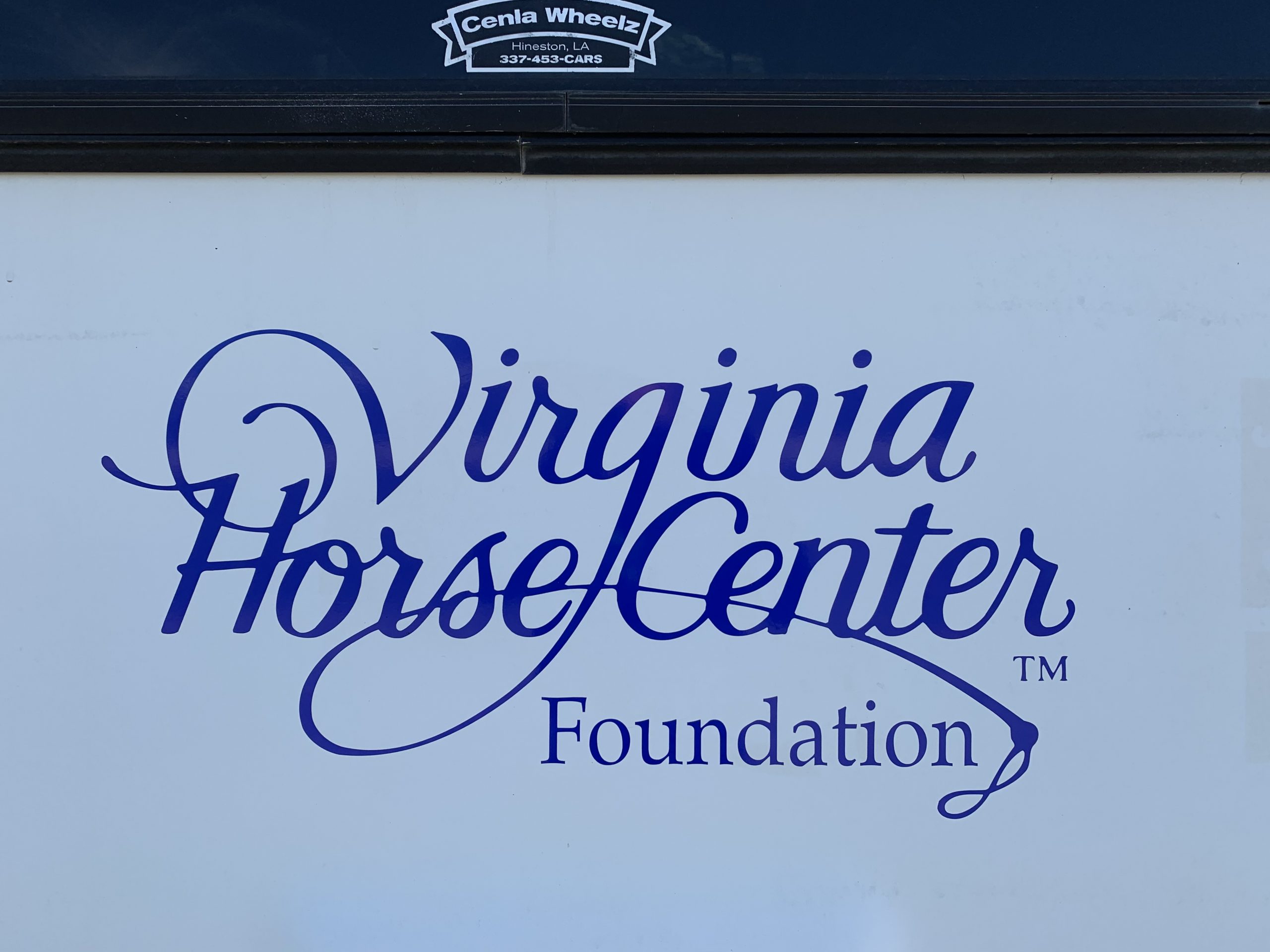
The Virginia Horse Center is operated by a nonprofit foundation that heavily relies on donations to operate and thrive.
Prior to the Covid-19 related business/economic shutdown, they were scheduled to host 22 events between late March and June 10 — the end date of Governor Northam’s Executive Order. During that time, they hoped to show off a slate of improvements to the complex that ranged from installation of large fans and new lighting in the coliseum to a renovation of Barn 1, a new and vastly expanded dressage ring, major aesthetic and green space enhancements, and a complete IT overhaul.
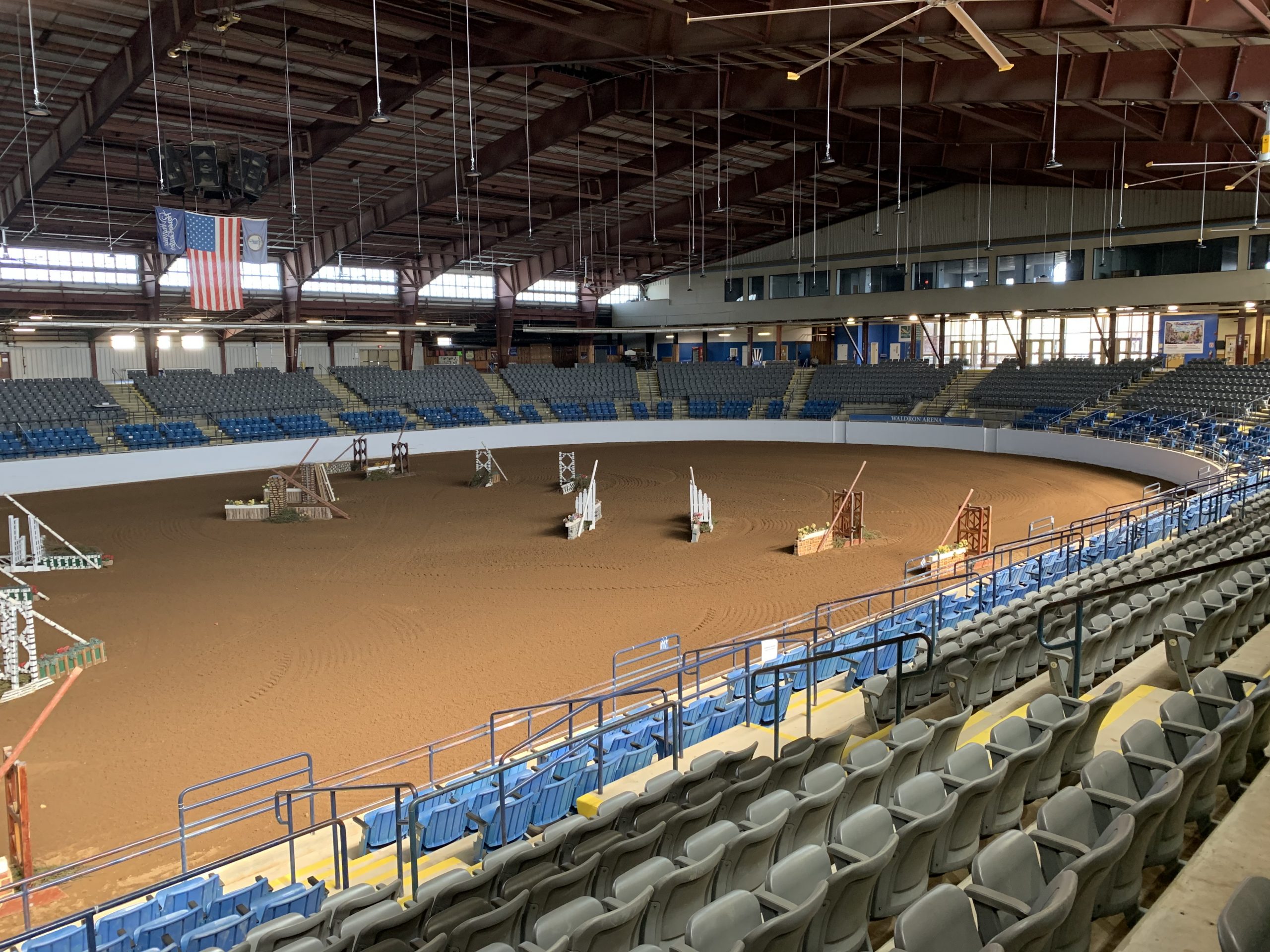
The Center features a 4,000 seat Coliseum that has played host to wrestling matches, dog agility shows and polo matches in addition to horse shows.
“This winter, we had eight contractors here at any one time,” said Horse Center GM Leroy Troxell. “Normally the off season is a slower time but this year we were very busy. It was a nice challenge to work with all the contactors and make sure the projects all progressed within their respective timelines.”
Troxell is still fairly new in his GM role though he has spent eleven years at the Horse Center. He took a non-traditional route to land in his current position. “I retired as a Lieutenant from the Department of Corrections after 23 1/2 years but had a family with two daughters going to college, so I needed to keep working,” he said. “I started as a part time security officer here in 2010, went full time a year later, got promoted to Assistant Chief of Security then Chief of Security.” He held that position for four years before taking over as GM in 2019.
“This wasn’t the plan when I started here,” he laughed, “But I enjoy it. It’s a challenge and it’s exciting. Every weekend is something different. Getting to deal with different show managers, different horse breeds and different sets of needs for every event makes it fun.”
The Horse Center encompasses 600 acres and features a 4,000 seat Coliseum, a cross country eventing course, four schooling rings, four campgrounds, eight barns, 743 horse stalls and 800 parking spots along with a Welcome Center, concessions building and other amenities.
“This place has a huge economic impact on the local economy,” he said. “Before the Horse Center was here, Lexington was known as a small college town with a few hotels but not much going on. Now, there are lots of jobs, hotels and restaurants. Places like Walmart and Tractor Supply came in after the Horse Center was established and that’s where horse people go now to get supplies and shavings.”
Debbie Easter is President of the Virginia Equine Alliance (VEA) and Executive Director of the Virginia Thoroughbred Association (VTA) and is an advocate of Horse Center funding. “The VEA is unique in that we are bringing horse groups together in order to grow the horse industry and agriculture in Virginia,” she said. “The horse industry as a whole has a large economic impact in the Commonwealth and while the VEA is mainly a horse racing organization, we understand the economic importance of other equine activities in the state and want them to flourish.”
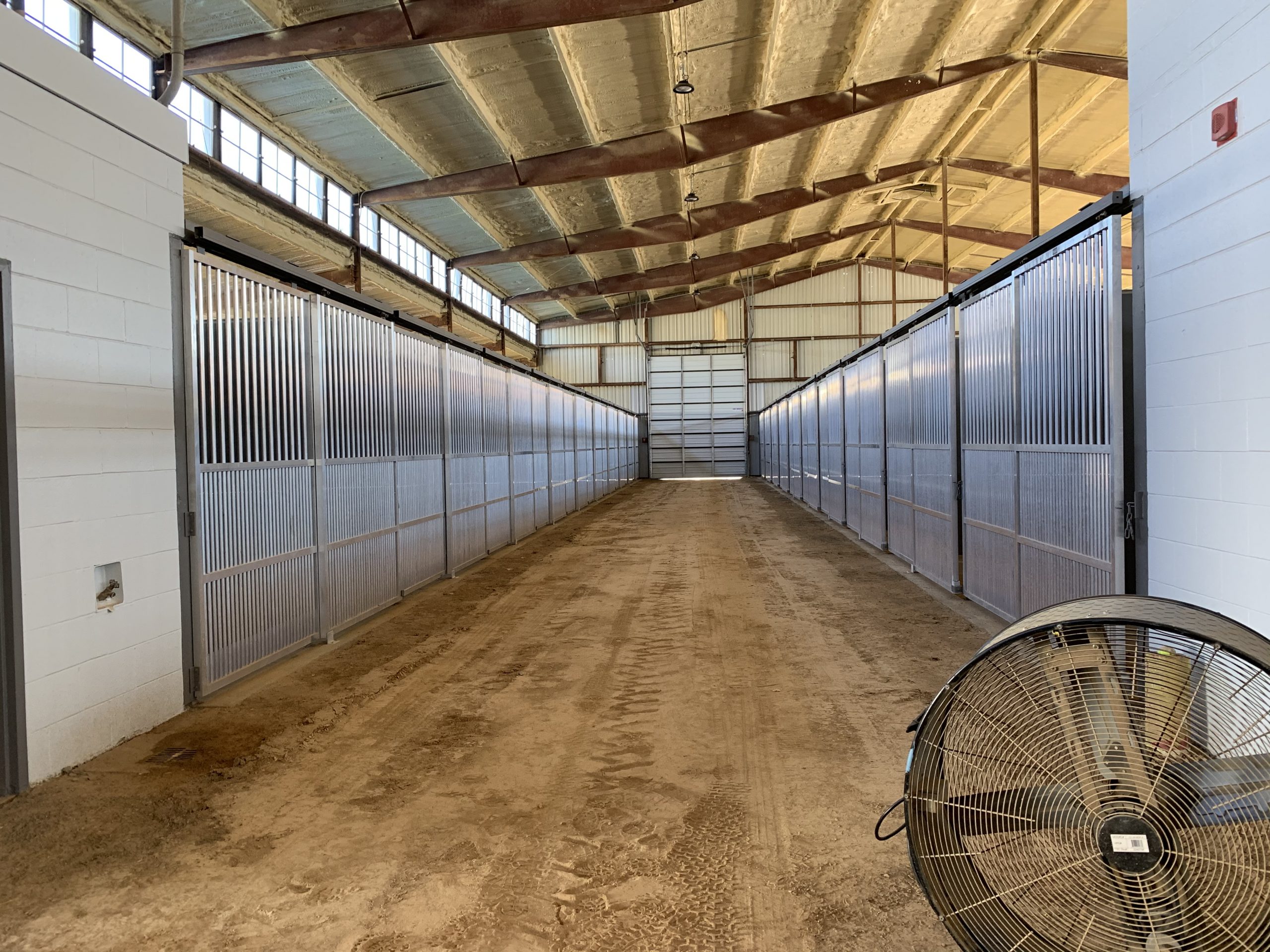
A total of 743 stalls are available but if the size of a show dictates, another 300 temporary stalls can be set up.
“If you just look at the economic growth around the Horse Center over the last twenty years you can understand how important horses are to a locality like Lexington,” she continued. “As much business as the Horse Center brings to the region, they have to have funds to continually upgrade so they can stay competitive with similar facilities in surrounding states. Since there are no state funds to help keep them competitive, I think that racing and the VEA need to support the Horse Center and as Historical Horse Racing (HHR) revenues grow, that we are able to do more.”
Besides the obvious equine-related competitions and shows they host, the Horse Center also looks for non-traditional events to help fill the annual calendar that can bring in additional participants, spectators and revenue. In January, they hosted the BMX Blue Ridge Nationals (bike event) for the first time, and it took place over a three day period. “I think we filled up every hotel within a 75 mile radius,” Troxell said. “We’re always looking for something extra in the wintertime. Canine agility shows bring in 300-400 dogs every January and February. We fielded a tremendous amount of phone calls in the past year from people looking to book shows and some of them are over multiple days. Many of them are new events we’ve never had before.”
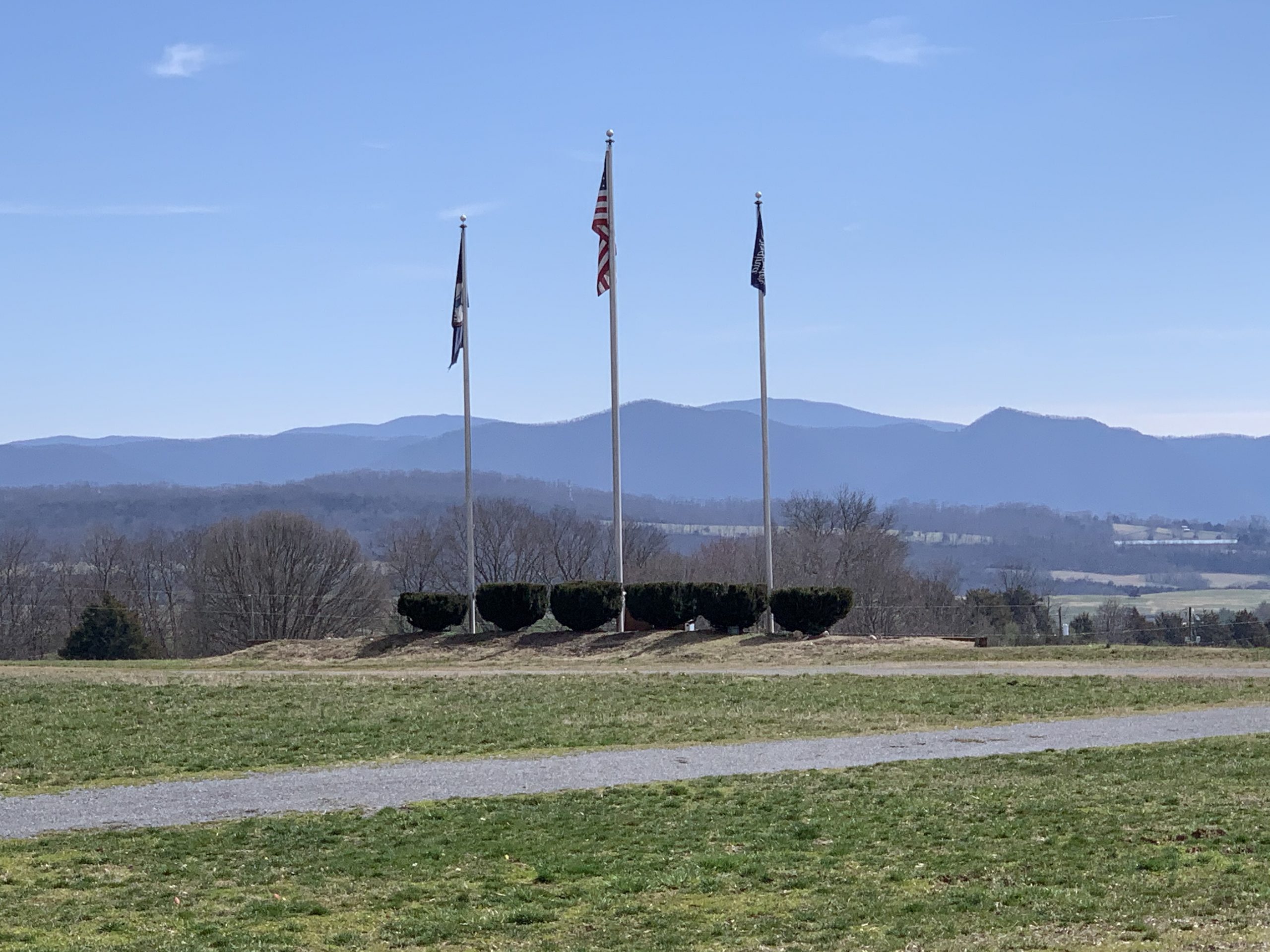
With 600 acres, the Horse Center offers a picturesque setting with the Blue Ridge Mountains as a backdrop.
Location is something Troxell and his staff have going for them. “We are situated nicely in between the north and south and right off major highways,” he said. “You can get here easily from New York and other Mid-Atlantic states. We’re also a good layover spot if we don’t have a show going.”
Even with the great location, Troxell noted there is competition for shows from event sites like the Tryon International Equestrian Center in Mill Spring, North Carolina. “We’ve been here for over 30 years and continue to build and upgrade to make the Horse Center competitive with everyone else. People like it here because it’s not spread out — everything is close knit and condensed. Between the four campgrounds, you can walk pretty much anywhere on the grounds. We have security around the clock and a set of rules all guests must adhere to. But our philosophy is, we want you to follow the rules and enjoy it here, and once you leave through the front gates, you can’t wait to come back.”


